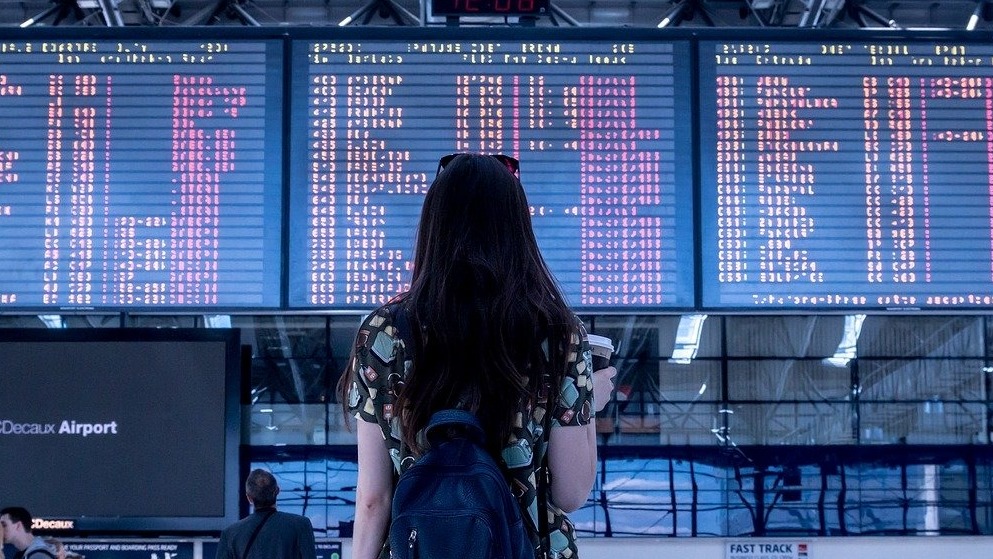The US government will end coronavirus screening of international travelers at airports in a bid to revive the anemic airport traffic.
The US started an enhanced screening of passengers arriving from Wuhan, China, where the virus was first reported at select airports in January. Over time, additional airports followed suit and started checking passengers from high-risk countries, including much of Europe, China, and Iran, among other regions. For a certain period, the screenings resulted in long lines and overcrowded airports.
The Centers for Disease Control and Prevention (CDC) confirmed it would discontinue the program that directed all flights from high-risk nations to 15 US airports as of Sept 14. The system proved to be ineffective as so many people who transmit the diseases do not show any symptoms, the CDC said.
Besides, the Trump administration revealed that fewer than 15 out of the 675,000 passengers screened at the 15 airports had tested positive for Covid-19.
The government said it would now rely on voluntary measures such as educating travelers and requesting contact information electronically.
In a news release, the CDC said that the health authorities now have a better understanding of Covid-19 transmission that indicates symptom-based screening has limited effect.
According to pandemic experts, the action comes long after international passengers from Europe or china were the main means of Covid-19 transmission in the United States. More than 6 million people have contracted the novel virus nationwide, and more than 190,000 have lost the battle with it.
Much of the US government airport screening procedures came from the guidelines developed in earlier infectious disease outbreaks, including SARS-1 in 2003, Jeff Schlegelmich, head of the National Center for Disease Preparedness at Columbia University explained. Back then, the temperature checks were a more efficient tool to identify infected passengers, he said. However, Covid-19 is different than SARS-1 as it spreads more easily from people before they develop symptoms.
In Schlegelmich’s view, not replacing the screenings with mandatory quarantines for travelers from nations with high rates of infections could raise the risk of importing new cases. Many European countries, including the United Kingdom, Belgium, France, have imposed a mandatory 14-day quarantine for travelers from select nations, the expert highlighted.
Aviation and travel-industry groups are also trying to reopen international travel routes by imposing alternative measures such as rapid virus testing, either on departure or arrival.
What do you think? Shall the government impose a mandatory quarantine for passengers from high-risk areas?
